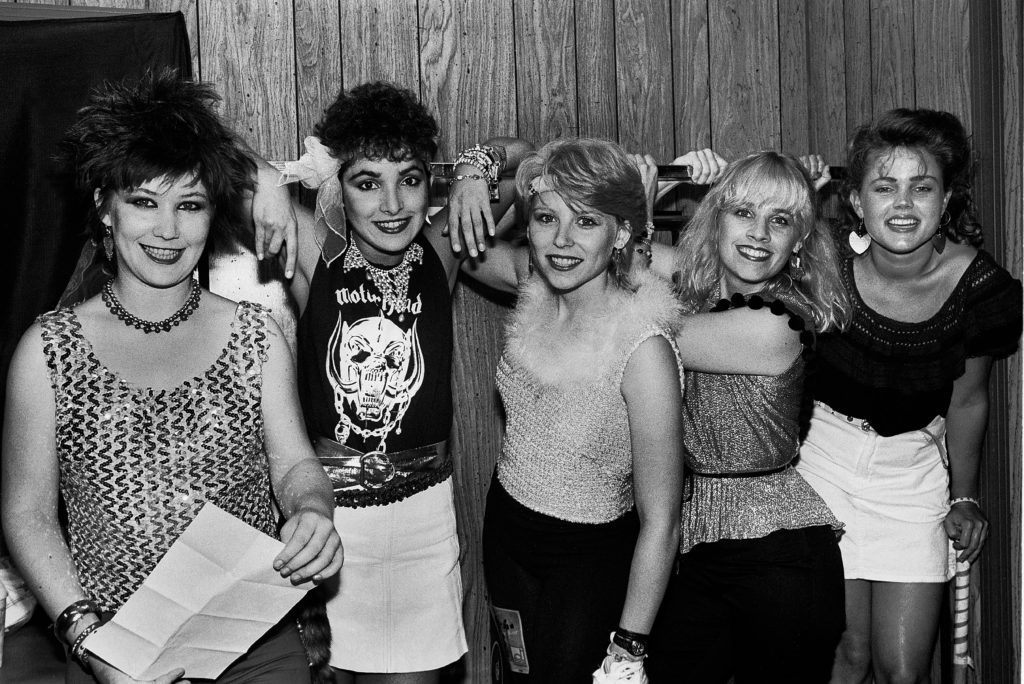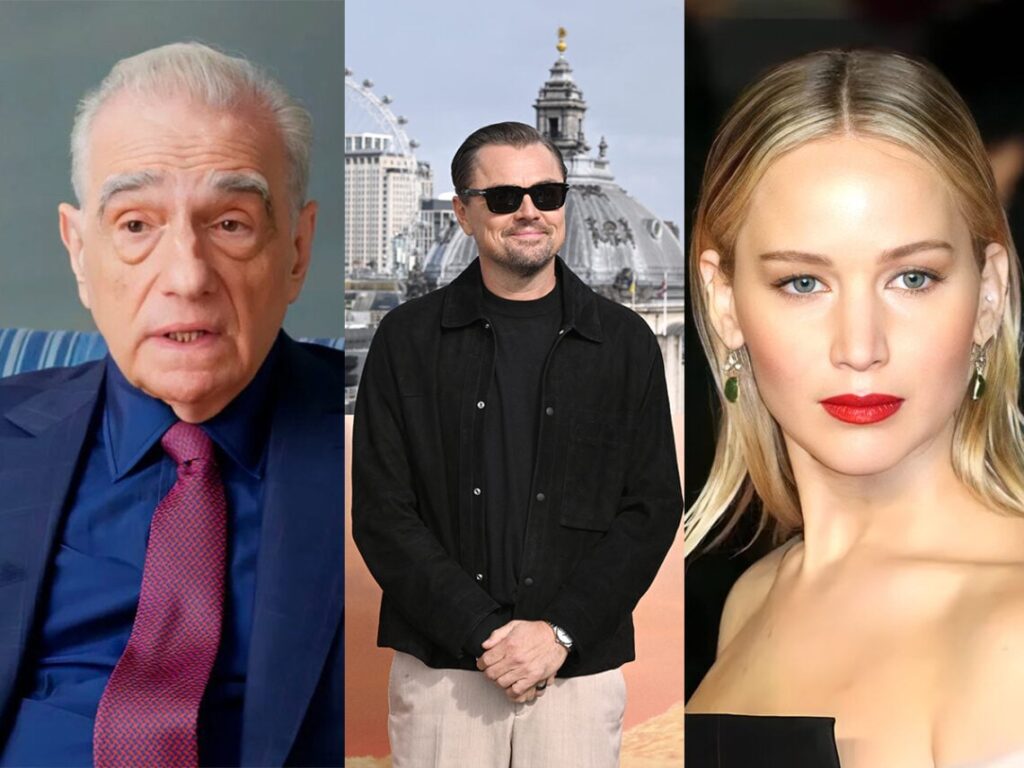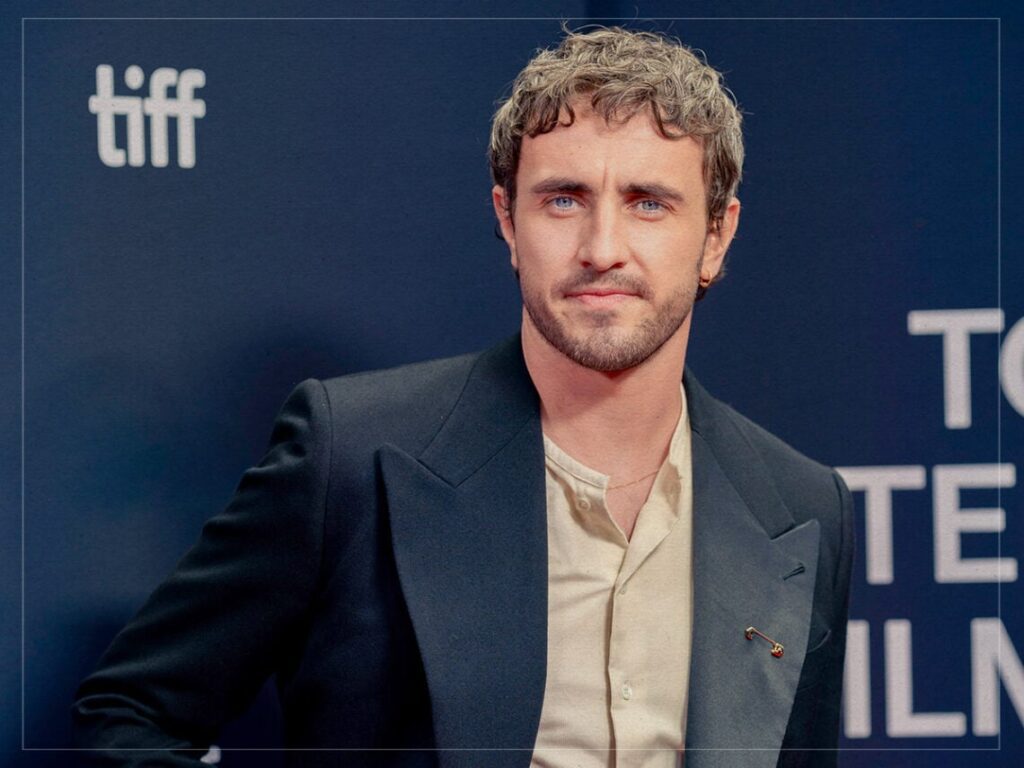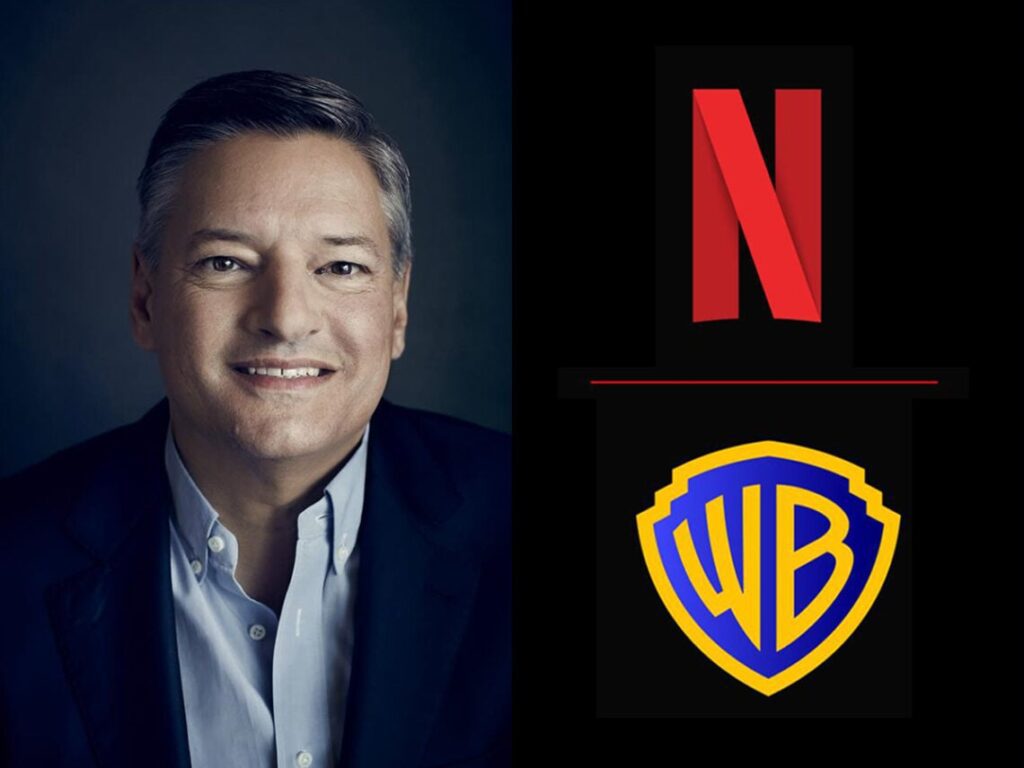Either You Love the Go-Go’s – Or You’re Wrong
 Posted On
Posted On
There are two types of people in this world: Those who will watch the new Go-Go’s film and learn that they’re one of the most important bands in modern music — and those who already knew. Either way, their self-titled, 2020 documentary The Go-Go’s is available just about everywhere this month (streaming now, DVD/out on Blu-ray on Feb. 26), so no matter which camp you’re in, you’re in for something truly great.
Directed by Alison Ellwood (Laurel Canyon), the 2020 Critics Choice Award for Best Documentary winner gives you the full scope of their wild ride through musical stardom, from their gritty early punk roots to the top of the charts, to their rough personal journeys with addiction and betrayal that forced their world to crumble under their feet. And, eventually, brought them back together again.
You’ll laugh, you’ll cry, you’ll love them more and more.
In sum: As the first multi-platinum selling, all-female band to play their own instruments, write their own songs and have a debut album (Beauty and the Beat, 1981) shoot to No. 1 on the charts, the Go-Go’s are the most successful female rock band of all time. Don’t like their music, you say? Don’t think they have talent? Don’t give their music much merit? Completely irrelevant. Their impact on the world of women in rock and pop is immeasurable. End of story.
Last November, I wrote an open letter to The Rock & Roll Hall of Fame demanding that they induct the Go-Go’s. I didn’t write it because the Go-Go’s require validation, but their fans do. We deserve it and we demand it. Do the right thing and honor those who did the hard work of creating an opportunity for all who follow. It was a hard job. We know it and you know it.
At the end of the film you can witness the women crafting their new single “Club Zero,” a triumphant, punky, primal call to action for today’s trying times. It’s the perfect ending to the film and a fresh beginning for fans. The song might be new, but the message isn’t. The Go-Go’s have always had something to say, whether it’s through their talent, tenacity or fortitude. They were the sneakiest of revolutionaries, hypnotizing a whole lot of people into bopping unsuspectingly to their seemingly innocent beat, while they’re shaking the shit out of the whole damn system.
I spoke with Jane Wiedlin, the band’s rhythm guitarist and one of its founding members, about the documentary and the remarkable/kick-ass/unbeatable legacy that is the Go-Go’s.
SPIN: What’s the reception to the documentary been like?
JANE WIEDLIN: It’s been kind of a shocking turn of events. We didn’t even want a documentary, and we actually got some pressure about it, and we’re like, “No, we did Behind the Music, and it was horrible.” I didn’t want to do a documentary unless it was going to be super honest.
I mean, we were really young when we got famous and some of the band members reacted with becoming very guarded, and I totally get that, but I’m like, if we don’t tell the truth, this is going to be terrible.
When we met Alison Ellwood, we just thought, “You know what? We’re going to trust her.” She was an animal rescuer, she had done great work, she was a woman. We thought, “Okay, well, if anyone is going to be good, it’s got to be her.” So, we went for it, and I didn’t think anything would really happen with it. When it got accepted at Sundance I was like, “Are you fucking kidding me?” This is awesome. Sundance happened ten seconds before the Apocalypse hit and we actually got to go to it, which was like incredibly exciting.
When we went to the premiere, people were standing up, yelling and screaming and people were crying, and I was like, “Oh my God, what is happening?”
So yes, like I said, it was very unexpected, and super amazing. When you’re in your sixties you’re like, Okay, I’m fine with just having my private life and blah, blah, blah,” but just for a minute there it felt like Beatlemania, and it’s been very great. Just the fact that a lot of people that didn’t know about us now know about us…
Why is it important for us to share our stories?
I think it’s more important than ever because modern society…we’ve all become so insulated and reclusive from the rest of the world and especially now, but even before COVID, I feel like people are just retreating into themselves and without sharing our stories, where is the community?
I get a lot of letters about the movie and interestingly, because I revealed my mental struggles, and my bipolar diagnosis, I got tons of letters about people that are struggling, and I try really hard to give them good advice and just tell them my journey towards feeling good again and hoping that helps them. I don’t know, I just feel like so much good has come of that documentary.
It’s important, humans are pretty much hurt animals and even though introverts like me—we’re really happy just being alone—I don’t think it’s particularly helpful to not have human contact and to not connect with other people.
Did you learn anything about yourself—or the rest of the band—from doing the documentary?
Because we all did our interviews separately, none of us knew what the other people were saying. I feel like I learned a lot about other people and again, I was so proud of everyone for being honest. There was one part in the documentary where Kathy [Valentine, bassist] says her insights about all the other band members and it was so good. I was like, “Whoa, where did that come from?” She was so succinct to them like…wow! That’s…I don’t know…I just never would have to thought to say it, and I loved it.
I think that that one moment’s my favorite in the movie, but I think all of us had gained empathy for each other, like sharing other people’s story and their perspective on our career.
What would you want young musicians, particularly women, to learn from your experience?
Well, this might just be like pie-in-the-sky fantasy, but if young women could just try and go for it without feeling like they had to have [people] around them telling them what to do and controlling their music and how they presented themselves and how they dress. I mean, all that really bothers me.
It all feels so packaged to me, and I’m so proud that we were ourselves, we did this ourselves, and we surrounded ourselves with other strong women. Just this whole business about women and how we’re pushing so hard to move forward into the future and to try and get people to accept that we too are human and we’re not some gender level below men.
In a lot of ways, I feel like very little has changed.
You don’t see anybody like the Go-Go’s out there that did it themselves and is being really successful. You just don’t see it. That’s disappointing.
Your 1982 Rolling Stone cover where you’re all wearing underwear…how do you feel about it today?
When Annie Leibowitz had the idea, I thought it was funny and clever and pro-women, because they were dressing us in totally unsexy underwear. I felt like it was making a point, but in a convoluted way. I really wasn’t opposed to it. If they had been like, “Oh, we want you to be in lacy, frilly stuff and look sexy,” — because I don’t think any of us tried to look sexy and I don’t think we did — I would have objected. But we didn’t. Then when Rolling Stone used the title Go-Go’s put out, that infuriated me. I just thought that was such a cheap shot. It was so sexist. Now sexism is the same, but people are afraid to say it out loud. Back then there was no fear. It was just the way things are. Screw you if you don’t like it.
Do you have any Go-Go’s artifacts from the ’70s or ’80s from the Go-Go’s that you just cherish?
I’m like the opposite of a hoarder. I’m a compulsive thrower-outer. I just have nothing. I don’t have any t-shirts. I don’t have any of our records. Literally, the only thing I have are gold records, which are in a basement, not even in a house that I live in, in a house that I rent out. Then I wanted to throw the gold records out or sell them for charity. I don’t know, my boyfriend was like, “Absolutely not. You’re not doing that. You’re fucking crazy.”
I was between houses. I was in this apartment and they had the huge dumpsters and I had these boxes of stuff, old stuff. I just went out and filled a dumpster with stuff and including cassettes of demos, box of demos. I did. Sometimes the record company will send you like a box of your new record. I threw out all those. I just threw stacks of articles about it. I was like, “I don’t care. These possessions are meaningless to me.” [laughs]
It is as much a compulsion as being a hoarder.
Why do you think you guys aren’t in The Rock & Roll Hall of Fame yet?
Can I start by saying, I don’t care…?
I’m not going to get my validation from other people, especially men. I’m just not. I feel the big thing, getting that documentary and having Alison map out exactly what we did and why it’s important…that means way more to me than getting in The Rock & Roll Hall of Fame. Having said that, it’s fucking bullshit that we’re not. Hall of Fames are supposed to be first person that did this. We are the first people that did what we did. It’s important. It’s important to young women that are learning instruments and want to be in bands. It’s important. Whatever.
I’m probably shooting the band’s foot saying that I don’t care, but I can’t lie about this. I can’t go, “Oh, my God. Rock and Roll Hall of Fame.” I can’t.
I hear you. But come on, it’s annoying.
It is annoying, and it just makes no sense. I am a person that wants things to make sense, and sometimes I have a hard time accepting when things don’t make sense.




